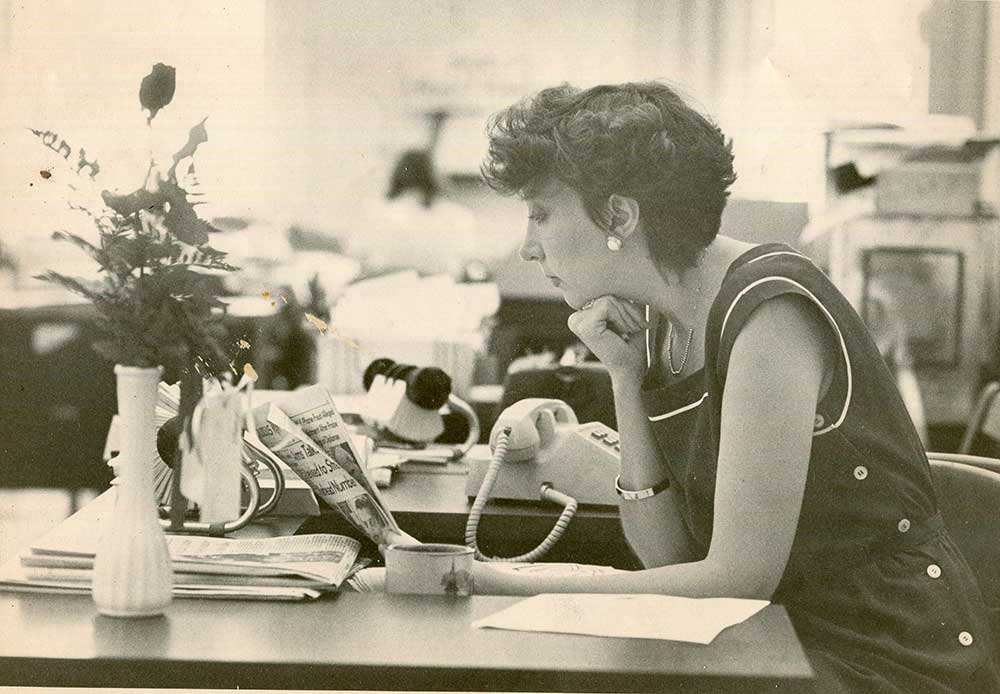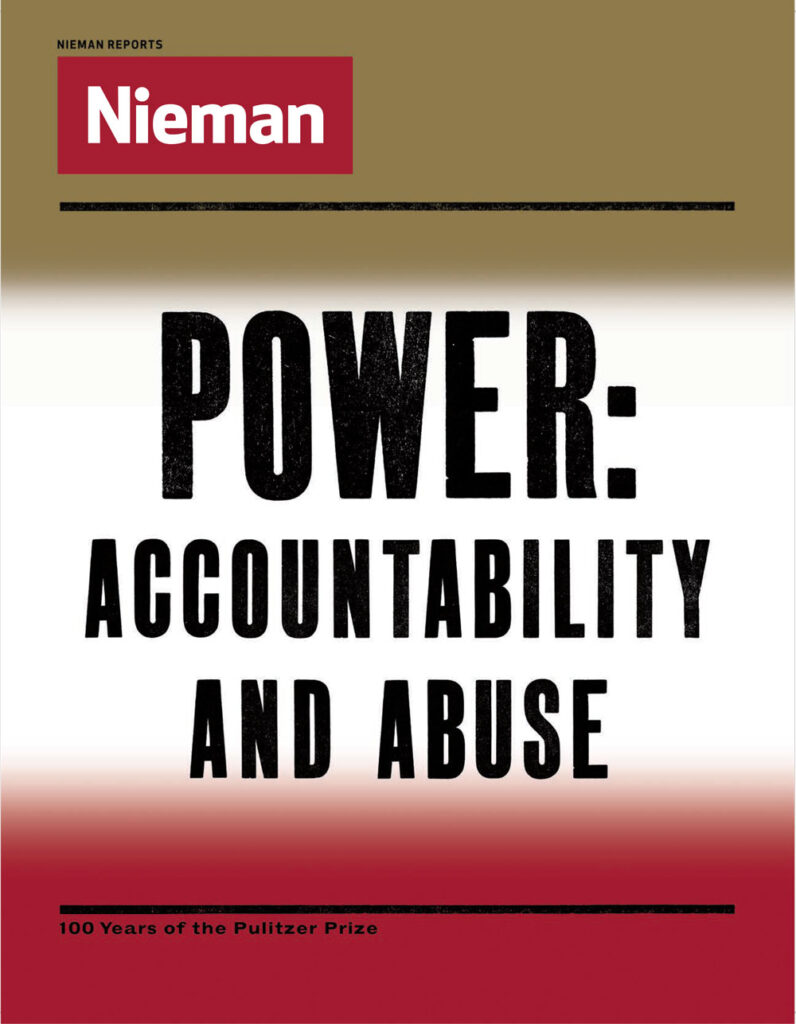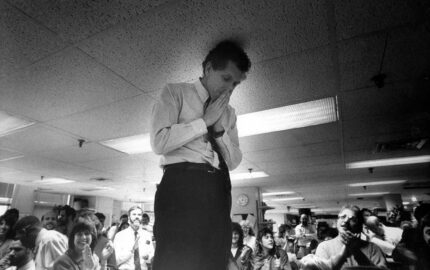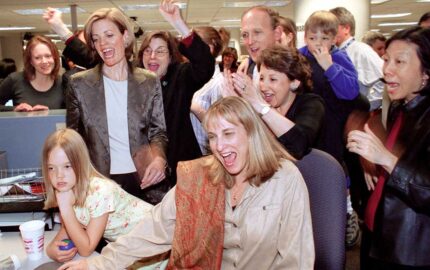What started out as a single editorial, written after a Lexington woman was fatally shot by her abusive husband, turned into a series of editorials about battered women in Kentucky. Henson’s work incited a statewide discussion about domestic violence and prompted legislative reforms. Now associate vice president and editor at large at Wake Forest University, Henson recently recalled what motivated her.
What drove me as a 29-year-old journalist reporting editorials about battered women and their children? Burning outrage and abiding sorrow. How could Kentucky have laws that promised protection but delivered unequal, lackadaisical enforcement by police, prosecutors and judges? Why should women have to “judge shop” by traveling to several counties for a protective order or, in one case, face a judge whose idea of relief was ordering a beaten woman and her batterer to church on Sundays? How could the law fail to help young women whose boyfriends beat them? How could it exclude in custody decisions the damage suffered by children who witnessed the violence?
Those questions haunted me as I traveled the state. With superb guidance by Lexington Herald-Leader editor John Carroll, NF ’72, and editorial page editor David Holwerk, I was able to publish a modern-day crusade that we termed investigative editorials. Beginning in December 1990, the editorials in the “To Have and To Harm” series appeared off and on for more than a year. We identified the problems and offered solutions. The beaten women themselves, named and appearing in photographs on the editorial page (a practice unheard of at the time), allowed me to tell their stories.
My constant faith in what is possible with journalism dates to that time. I remember being asked to speak to a tiny women’s group in rural Kentucky. The president thanked me, presenting me with a red velvet cake that must have tipped the scales at six pounds and promising her group would work on the issue. Businesswomen lined up support. My favorite to this day is Clayton Bradley. She owned Scotty’s Pink Pig Bar-B-Que not five minutes from the state capitol. When she realized she knew one of the women in the series, she mounted her own campaign. She handed out “To Have and To Harm” reprints with every order of barbecue and hush puppies and, in turn, ordered her customers to call legislators to support domestic violence bills. The toll-free number was on the whiteboard behind the counter.




